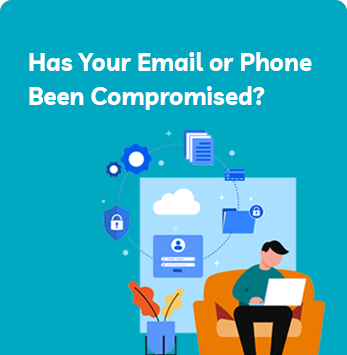

StructuredSolutions
Business IT + Cybersecurity
Business IT + Cybersecurity
- End-to-End Security
- Full-Service Help Desk
- Backup & Disaster Recovery
Wireless
VoIP Phone Services
Physical Building Security
Conference Room Solutions
Conference Room Solutions
- Video Conferencing
- Room Control Solutions
- Display Technology
- Audio Conferencing
Partner Services
Partner Services
- Order Fulfillment
- Rack & Stack
- Equipment Configuration, Delivery & Installation
Physical Building Security
Conference Room Solutions
Conference Room Solutions
- Video Conferencing
- Room Control Solutions
- Display Technology
- Audio Conferencing
Partner Services
Partner Services
- Order Fulfillment
- Rack & Stack
- Equipment Configuration, Delivery & Installation
Interested in a more customized approach?
We excel at designing personalized, custom solutions and welcome a discussion to explore the unique needs of your business. Together, we’ll create a solution that perfectly fits your needs and investment.

The StructuredAdvantage
The demands for flexibility, maneuverability and productivity in business are greater than ever. The vision that drives us is our investment in the long-term success of each customer – our commitment to EXTREME CUSTOMER SERVICE. We are an extension of your team in every way.
Self-Service Tools
Assess Your Risk
Sometimes, you just want to find the answer yourself – quickly! Take advantage of one or both of these self-service tools. Once you know the results, schedule a complimentary consultation with us to see if we can help!
Structured Salutes
Valuable
Structured, Inc. has been a blessing for our business. Their off-site backup restore function has saved us many of times.
Crystal Saunders, KHA
Professional
I highly recommend their team, which is an unusual combination of organizational and technology experts.
Nancy M. Wiser, Wiser Strategies
Responsive
Structured has been very prompt in their service and extremely knowledgeable on many platforms.
Scott Cole, Hunt Insurance Agency
Structured Sources
Technology changes quickly – and we pride ourselves on keeping up! We write a weekly blog article with timely topics to help you run your business.




